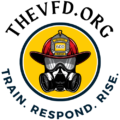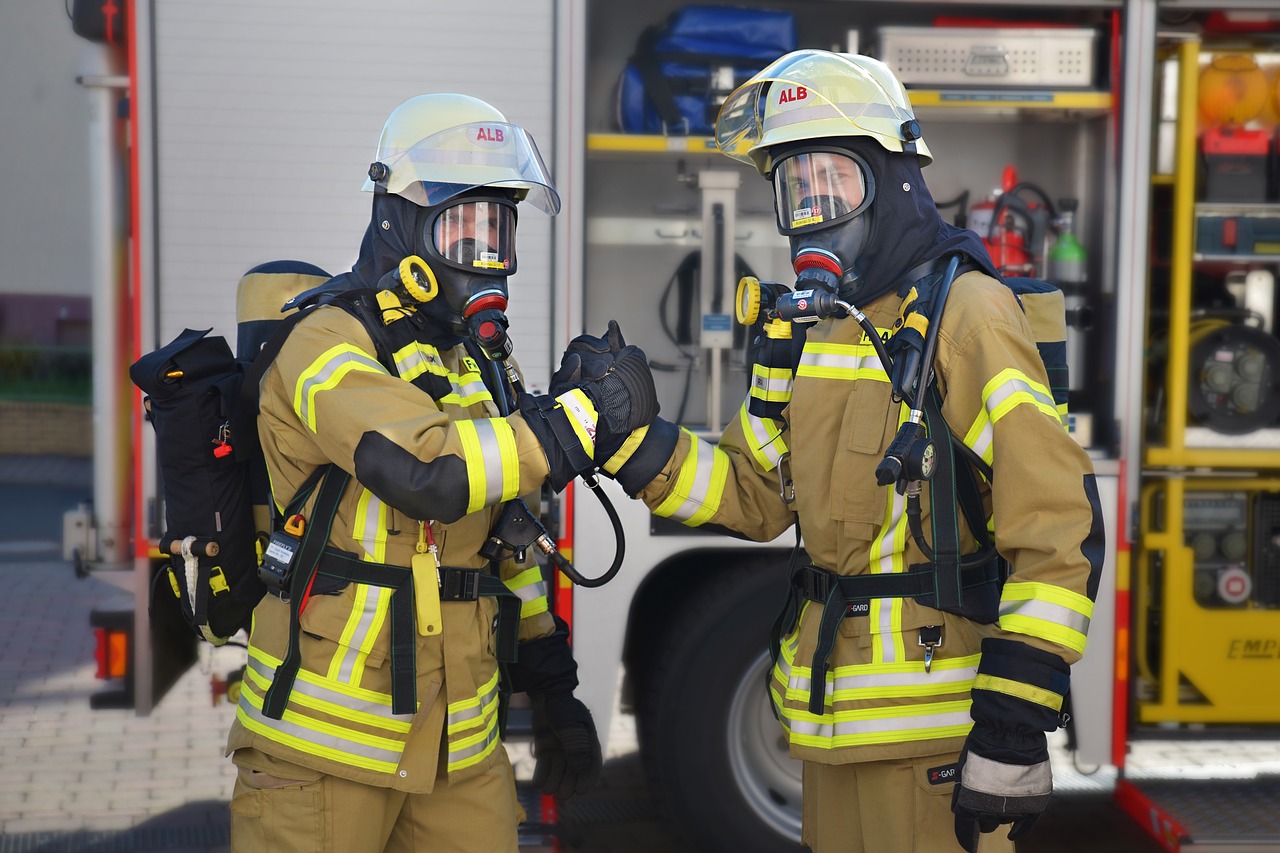Overseeing a group of volunteer firefighters requires more than just coordinating emergency response efforts – it also entails nurturing a sense of camaraderie and teamwork. Building a strong bond among team members is crucial for ensuring smooth operations and effective communication during high-stress situations. In this guide, we will explore practical strategies and activities to help foster camaraderie and enhance team building among volunteer firefighters.
Creating a Supportive Atmosphere
Fostering Mutual Respect and Trust
Trust is the foundation of any successful team, and in the high-pressure environment of volunteer firefighting, it is crucial. Building trust among team members involves honesty, reliability, and open communication. Encourage firefighters to support each other both in and out of emergencies, and emphasize the importance of having each other’s backs at all times. By fostering a culture of trust, you create a solid foundation for camaraderie and team building.
Communication: The Heart of Team Dynamics
Team communication is necessary in the fire service, where split-second decisions can make the difference between life and death. Encourage open and honest communication among team members, regardless of rank or experience. Provide training in effective communication techniques and ensure that everyone feels comfortable expressing their thoughts and concerns. By promoting clear communication, you enhance team cohesion and efficiency on the scene.
Respect for one another, their skills, and their opinions is necessary for maintaining a supportive atmosphere within a volunteer fire department. Emphasize the value of each individual’s contributions and the importance of treating everyone with dignity and respect. Foster an environment where all members feel heard and valued, regardless of their role or experience level. By promoting a culture of respect, you create a positive and inclusive atmosphere that strengthens team unity and camaraderie.
Implementing Team-Building Activities
Structured Team-Building Exercises
Team-building activities are crucial in fostering camaraderie among volunteer firefighters. Structured exercises such as problem-solving challenges, trust falls, and communication workshops can help build trust, improve communication, and strengthen teamwork within the group. These activities offer a structured environment for firefighters to work together towards a common goal, enhancing their ability to collaborate effectively during emergency situations.
Informal Social Events
An crucial aspect of fostering camaraderie among volunteer firefighters is through informal social events. These events, such as barbecues, movie nights, or team outings, provide an opportunity for firefighters to relax, bond, and get to know each other outside of the fire station environment. Informal social events help build personal connections among team members, which can translate into better communication and collaboration on the job.
Events like potluck dinners, game nights, or sports activities can create a relaxed and enjoyable atmosphere where firefighters can unwind and build relationships with their colleagues. These informal gatherings allow volunteers to connect on a personal level, strengthening their bonds and creating a sense of unity within the team.
Encouraging Shared Leadership and Responsibility
Rotating Leadership Roles
Now, one effective way to foster camaraderie and team building among volunteer firefighters is by implementing a system of rotating leadership roles. This allows team members to take turns leading various aspects of operations, promoting a sense of shared responsibility and trust within the team.
Empowering Team Members to Make Decisions
For fostering camaraderie and team building among volunteer firefighters, empowering team members to make decisions is crucial. By giving individuals the autonomy to make decisions within their areas of expertise, you not only build their confidence but also cultivate a culture of trust and collaboration within the team.
Responsibility, providing team members with opportunities to make decisions not only enhances their leadership skills but also fosters a sense of ownership and accountability for the team’s success. This approach encourages individuals to step up and contribute actively to the overall goals of the firefighting unit.
Another way to encourage camaraderie and team building among volunteer firefighters is by creating a culture that values and respects diverse perspectives. By allowing team members to voice their opinions and actively participate in decision-making processes, you promote inclusivity and collaboration, ultimately strengthening the bonds within the team.
Recognizing and Celebrating Team Successes
Tips for Meaningful Acknowledgment of Efforts
Unlike individual accomplishments, team successes in a volunteer firefighting setting are a collective effort that deserves recognition. To acknowledge the hard work and dedication of your team members effectively, it is important to ensure that your appreciation is genuine and heartfelt. Personalized notes, public recognition during meetings, or small tokens of appreciation can go a long way in showing your gratitude for their contributions.
- Recognize achievements publicly to boost morale and foster a sense of pride within the team.
- Include everyone in the celebration to reinforce the spirit of teamwork and unity.
- Express gratitude sincerely and regularly to maintain a positive atmosphere within the group.
The acknowledgment of team efforts not only boosts morale but also strengthens the bond among volunteer firefighters. The success of the team relies on the collective efforts of each member, making it crucial to celebrate victories together. The simple act of recognizing and celebrating achievements can create a sense of belonging and motivate team members to continue working towards common goals. The unity forged through shared triumphs lays the foundation for a strong and resilient team.
Addressing Challenges and Conflicts
Not all days at the fire station are filled with heroism and camaraderie. Challenges and conflicts are bound to arise in any team setting, and volunteer firefighters are no exception. It is crucial to address these issues head-on to maintain a successful and cohesive unit.
Strategies for Conflict Resolution
Addressing conflicts early on is key to preventing them from escalating. Encourage open communication and active listening among team members. Facilitate constructive conversations to resolve disagreements and find common ground. Consider implementing a mediation process or seeking help from a professional counselor if needed to ensure conflicts are resolved effectively.
Maintaining Morale During Difficult Times
Maintaining high morale during challenging periods is necessary for volunteer firefighters to stay motivated and focused. During difficult times, such as after a tough call or when facing volunteer shortages, leaders should openly address the situation with transparency, provide opportunities for team members to express their concerns, and offer support and encouragement. Celebrate successes, no matter how small, to boost morale and remind volunteers of the positive impact they make in their community.
Understanding the importance of frequent communication, team support, and appreciation can help volunteer firefighters navigate through tough times and emerge stronger as a cohesive unit. By proactively addressing challenges and conflicts while maintaining high morale, volunteer fire departments can foster camaraderie and build a stronger team overall.
To wrap up
Ultimately, fostering camaraderie and team building among volunteer firefighters is crucial for creating a strong, cohesive unit that can effectively respond to emergencies. By implementing regular team-building activities, fostering open communication, promoting a culture of respect and appreciation, and providing opportunities for skill development, volunteer fire departments can enhance the overall performance and morale of their teams. Building strong relationships among team members not only improves cooperation and coordination during emergencies but also boosts morale and creates a sense of community within the department. By prioritizing camaraderie and team building, volunteer fire departments can ensure that their members are well-equipped to handle any challenges they may face while serving their communities.


